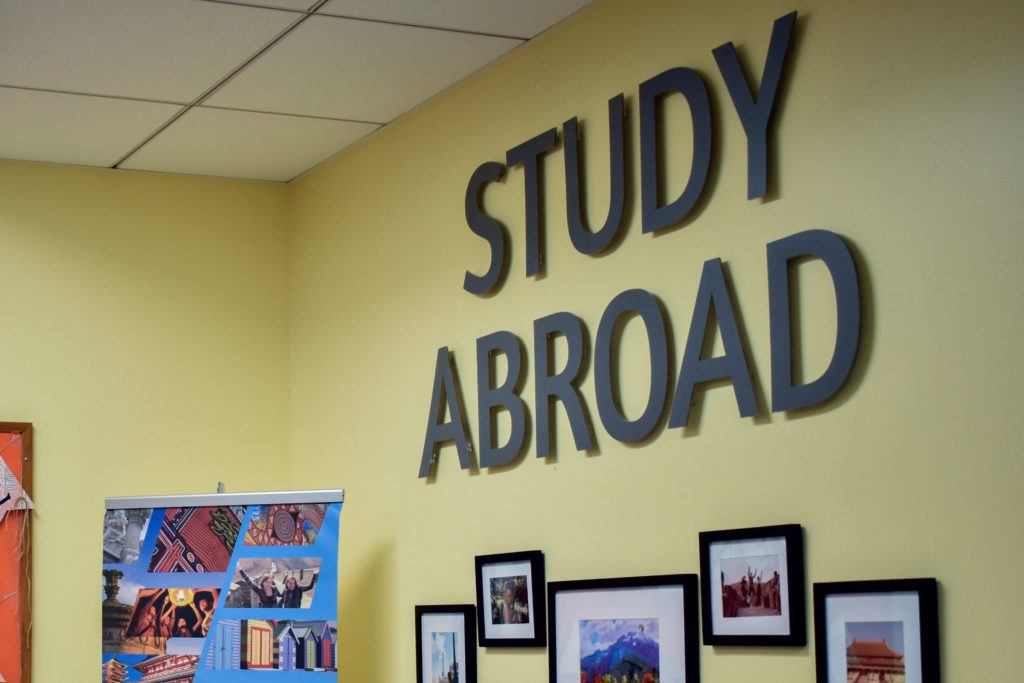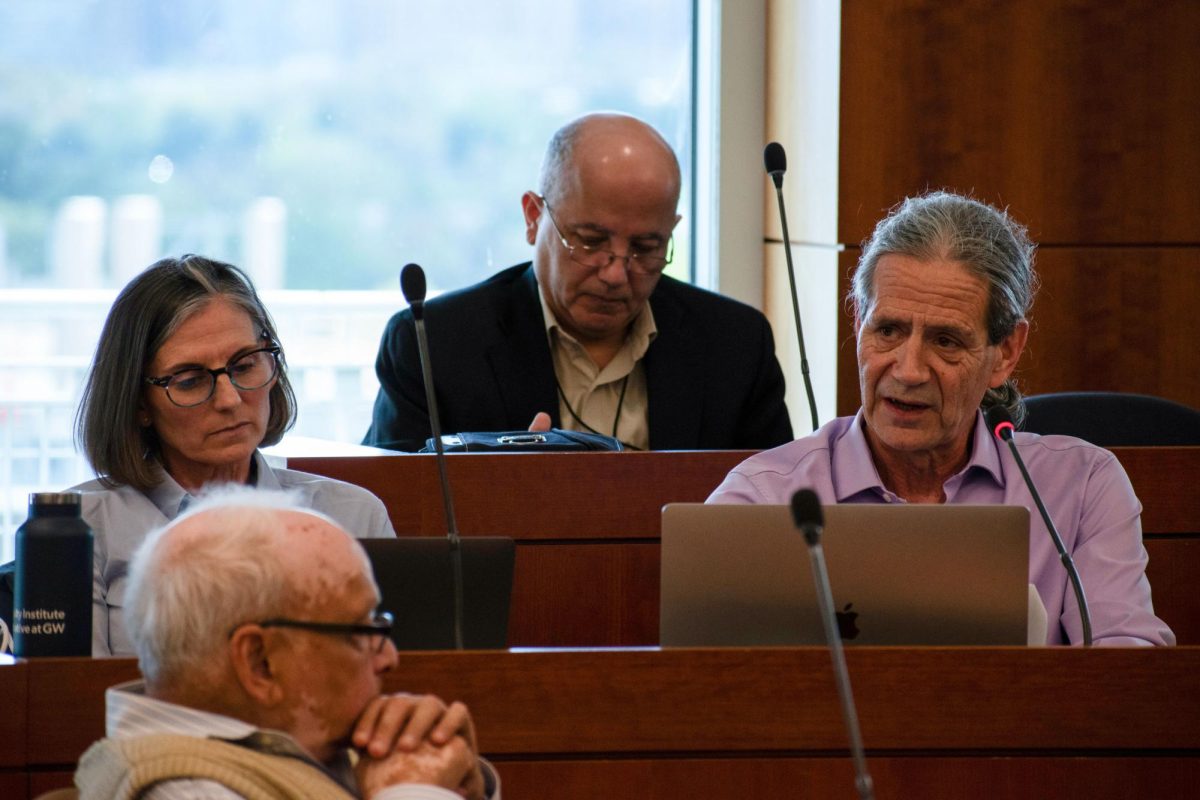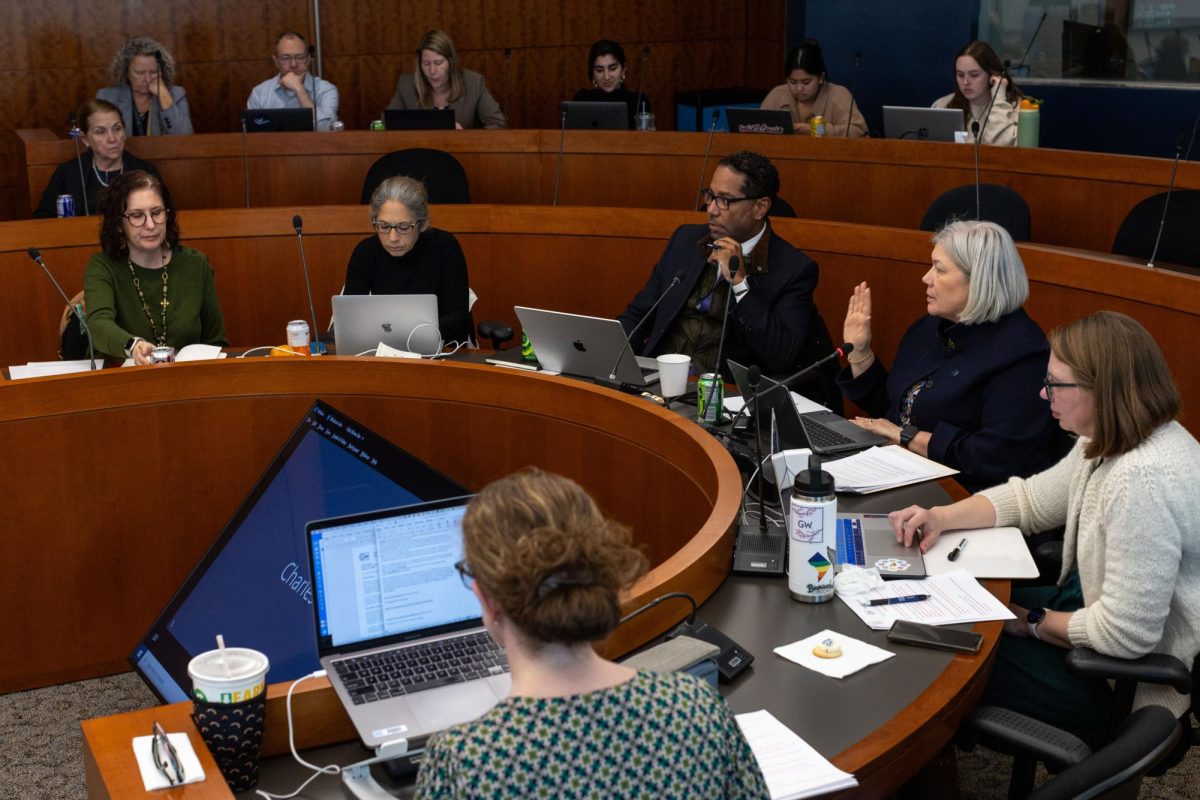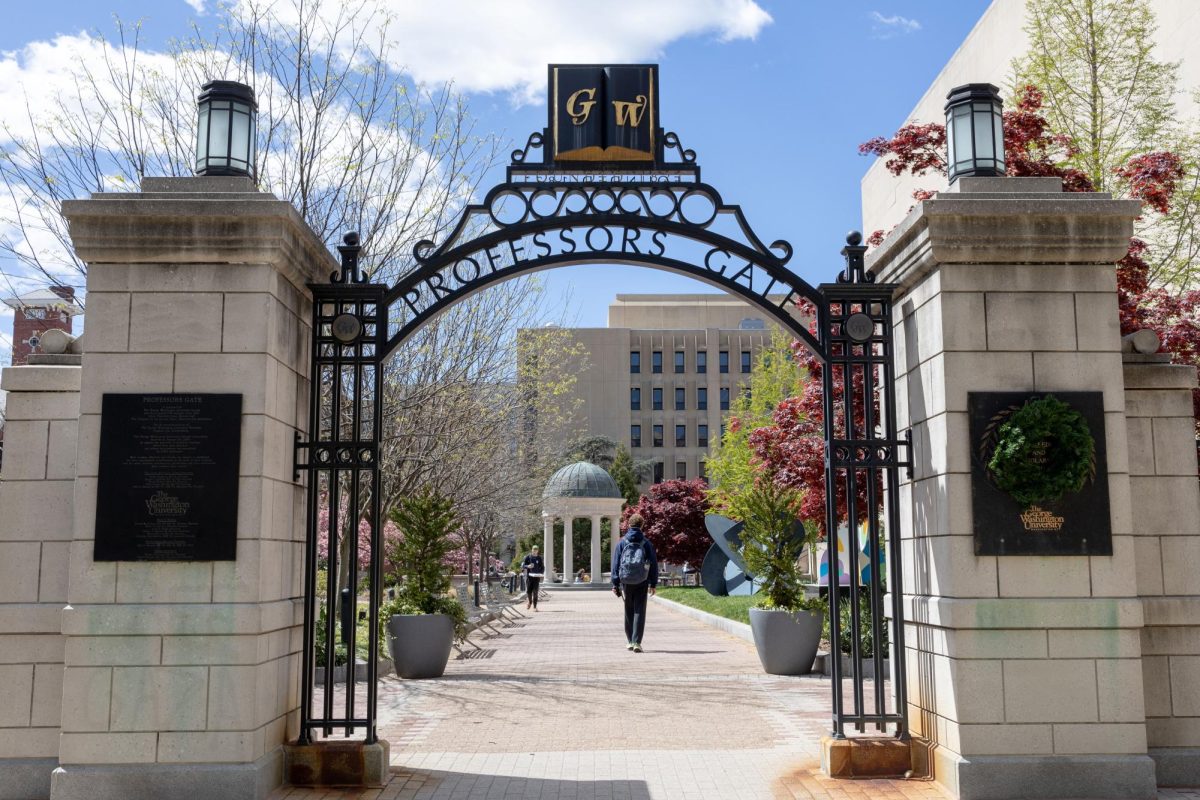Officials have canceled or relocated study abroad programs in China in the aftermath of a coronavirus outbreak in the country.
Students scheduled to study abroad in China are now slated to go to countries like Australia and Serbia after officials halted China abroad programs amid an epidemic that has killed more than 300 people and infected more than 14,000 worldwide. Officials said they are monitoring the situation and providing students with up-to-date information while assisting them in making alternative plans.
University spokesperson Crystal Nosal said officials are coordinating with all students who had planned to study in China this spring to make alternate plans.
She said several students had already traveled to China before their classes started, and officials are in contact with them to monitor their departure.
“We are corresponding with all to be sure they are safe and to be alert to any additional needed support we can provide,” Nosal said in an email.
The U.S. Department of State announced a travel warning Tuesday for all of mainland China following the outbreak. Officials imposed travel restrictions Friday on foreign nationals who visited China in the previous two weeks while quarantining Americans who visited Wuhan, where the outbreak began.
Nosal said officials have messaged all GW students studying abroad in China and elsewhere to encourage them to “stay aware” and seek the most recent information from their programs about changing conditions about the new virus and their program’s status.
Nosal declined to say how many students are enrolled in study abroad programs in China this semester. She did not specify which of GW’s programs in China have been canceled or delayed this semester, whether students enrolled in canceled programs will receive academic credit this semester or where those students will be housed this semester.
The World Health Organization declared a global health emergency Thursday in light of the spreading disease.
At least four of GW’s 12 peer schools have delayed or canceled their abroad programs in China, and University of Rochester officials are conducting a screening of all students who are currently abroad there.
Other schools in the District – American and Georgetown universities – also canceled their China programs in light of the virus.
Study abroad experts said canceling abroad programs, in general, is not common, but officials are willing to take necessary steps when events like disease outbreaks put students in jeopardy.
Sara Dumont, the executive director of American University Abroad, said AU’s undergraduate study abroad programs have been canceled, and the students who were already in Beijing for this spring have returned to AU’s campus in the District, where they will finish their semester.
Dumont said canceling abroad programs is “never” common, but officials tend only to cancel abroad programs when circumstances that either present a serious risk to participants or the program pose conditions where it is no longer possible to deliver the program’s objectives.
Officials indefinitely suspended study abroad programs in Hong Kong last semester following protests that led to violence between police officers and protesters. Donna Scarboro, the associate provost for international programs, said in December that programs in Chile were suspended following violent protests.
“In this case the Centers for Disease Control and State Department risk assessments for China were a determining factor in the programs’ cancellations,” Dumont said in an email.
Dumont said AU officials were informed that the level of risk of catching the virus in Beijing was relatively low, but the measures taken in China to contain the virus were not enough for the program to function effectively.
“Should the situation worsen, students could have been at greater risk at a time when it would not be possible for them to depart due to flight cancellations,” Dumont said.
Jay Dee, a professor of higher education at the University of Massachusetts Boston, said institutions have a “duty of care” to protect their students, and higher education officials will do everything they are able to do to ensure students are being sent to a safe location.
“It’s important for institutions to make very clear and quick decisions to put the safety of their students first,” he said.
Dee said officials that want their students to have “global experiences” must grapple with securing students’ safety. He said administrators remain responsible for safety even in situations where they do not have direct control of the students’ experiences, so they must have plans in advance.
“Universities have developed a range of protocols to make sure that contact information is updated, notifications from the U.S. State Department are conveyed to faculty and staff so there’s a clear web of communication,” Dee said.
Students participating in China abroad programs said they are disappointed that they cannot travel to China but understand that officials needed to make a decision to protect them.
Students participating in GW’s study abroad programs have been offered the opportunity to study abroad in several countries in place of China, including Italy, Jordan, Senegal and Taiwan, according to emails sent to students in China abroad programs.
Pilar Reyes – a sophomore in the Global Bachelor’s Program, a multi-semester abroad experience that involves travel to at least two other countries – said she first received notice Jan. 23, the day the city where the outbreak began was quarantined, that her trip to Fudan University in Shanghai may not take place.
She said the email chain from the University made it appear that the trip may happen, but over the course of six days, it seemed less likely. She said her program coordinators sent her an email Wednesday that the program was formally canceled, and officials were looking for alternative locations to send her cohort.
“I think GW was just trying to make sure that they were making the best decision for the students,” Reyes said.
Reyes said those in her program were looking forward to going to China for nine months, adding that she began learning Mandarin in the lead-up to her visit. Reyes said she learned Thursday her cohort would be traveling to New Zealand for the semester to complete the global bachelor’s requirement.
Niels Graham, a junior majoring in economics and international affairs, said he was already in Beijing for a month-long program and was planning on participating in the spring semester Beijing abroad program starting Feb. 12.
Graham said he originally received an email from program officials that the course would be delayed but received a follow-up email shortly after to state that it was canceled. He said he registered for classes at GW this semester, and he expects to be able to adjust to his classes after he catches up on the work he missed.
He added that canceling the abroad programs on the Chinese mainland was “absolutely necessary.”
“I think it was the right move, just with how rapid the spread of the virus was,” Graham said.
Cristina Cestone contributed reporting.











